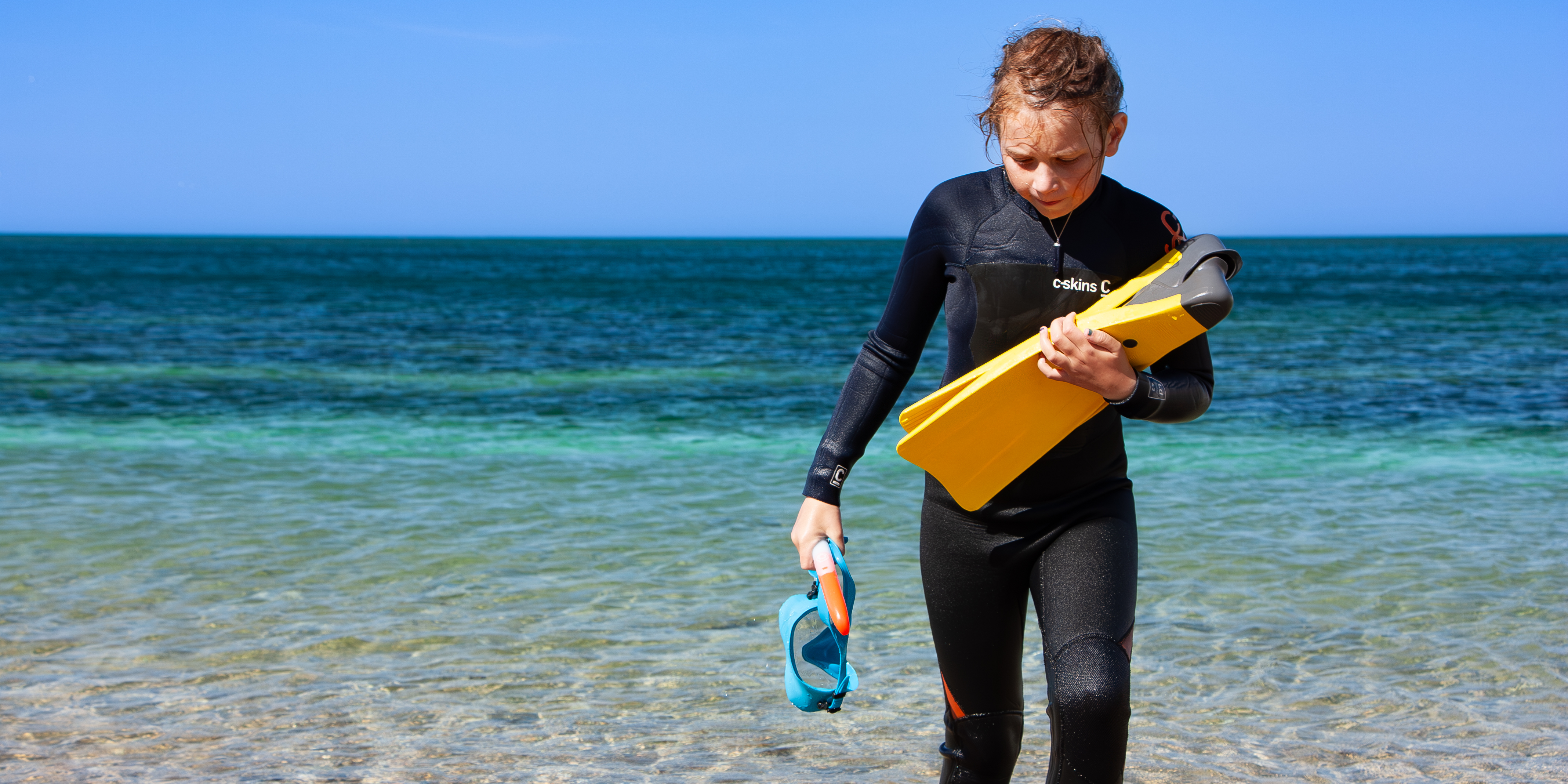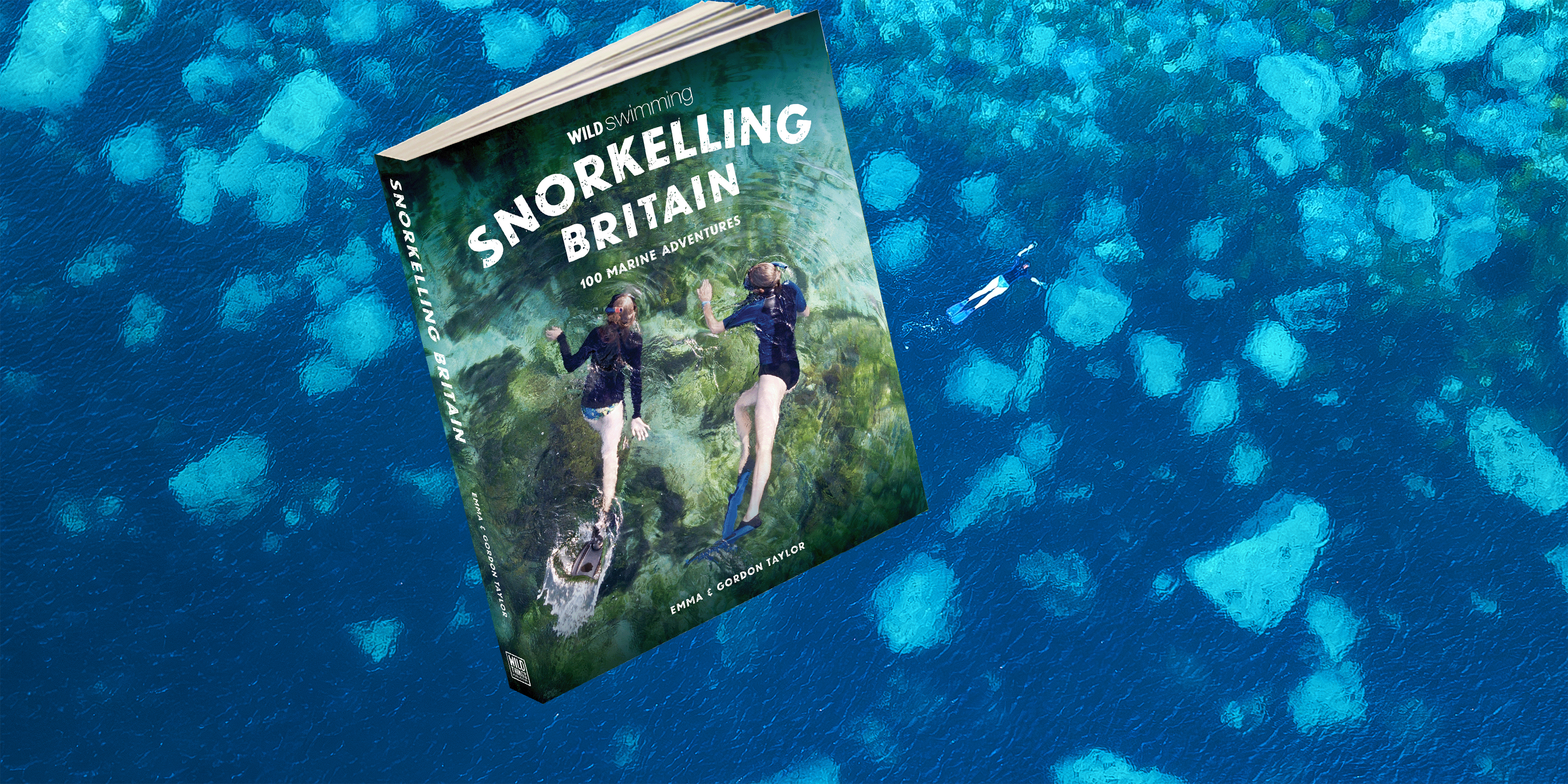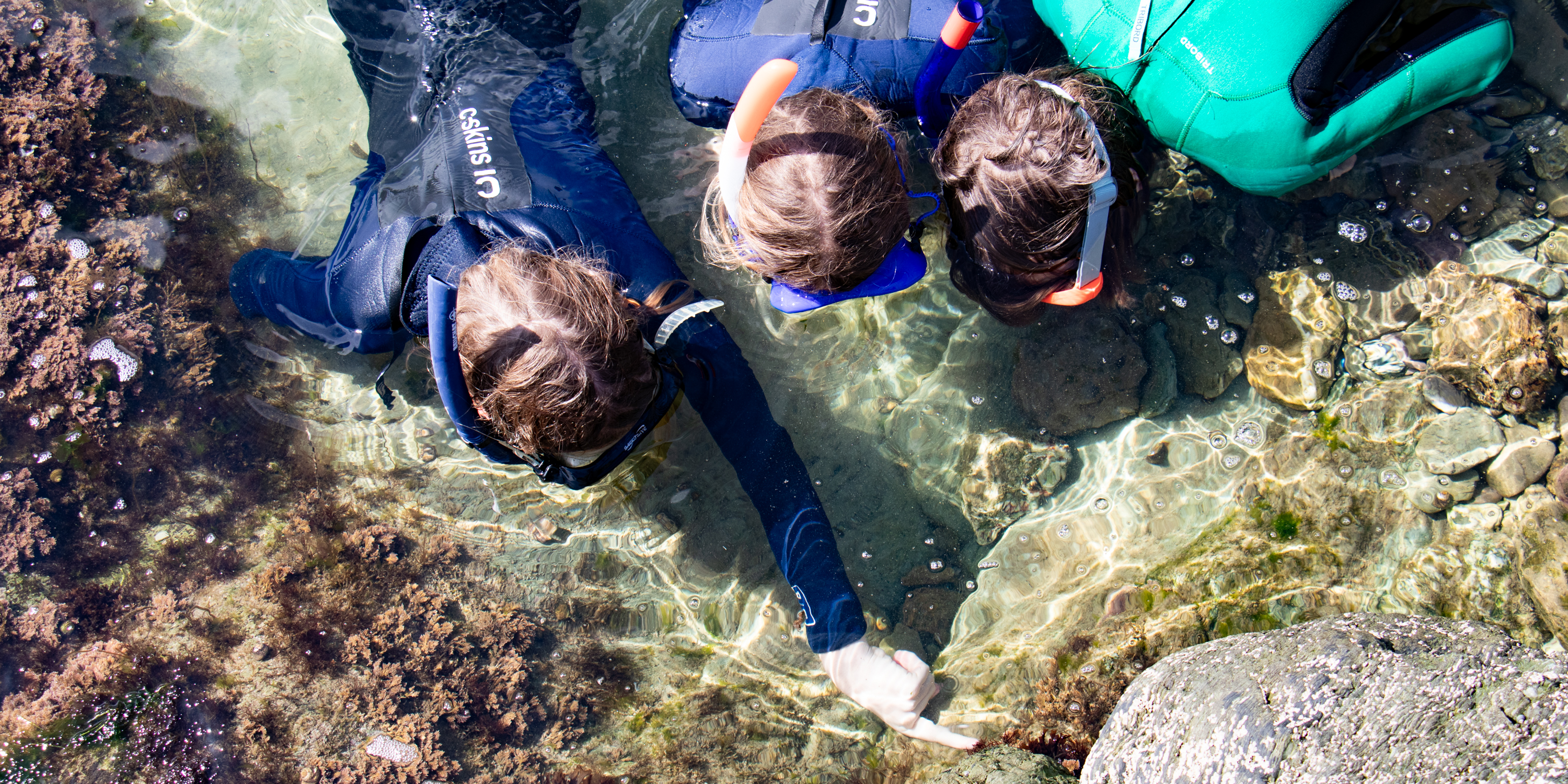
Welcome to Snorkelology
Discover the wonders of British snorkelling for all the family

Snorkelling Britain
Find out about our new guidebook to 100 British snorkelling sites

Learn about British snorkelling
Explore our content to discover a fascinating underwater world

Welcome to Snorkelology
Discover the wonders of British snorkelling for all the family
